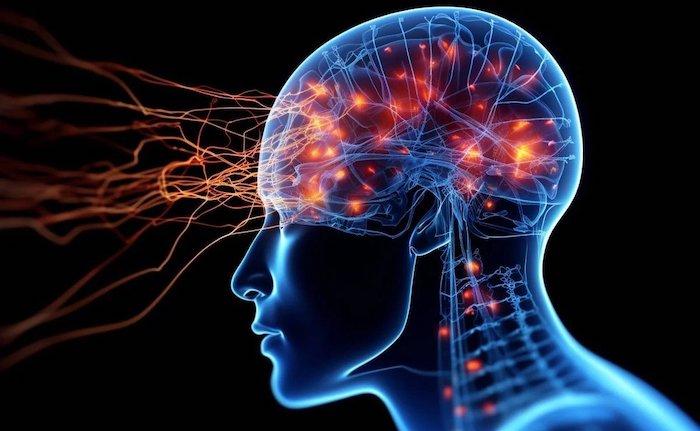
How To Get Started
You might be thinking that this all makes sense, but be lost as to where to get started! It can feel a bit overwhelming, but don’t worry you don’t have to do this alone. Let’s go over how you can get started on your journey.
Educate yourself about pain science
You’re already getting involved in the first step! It’s important to educate yourself about the science behind pain to understand how retraining your brain works. When you first hear about the concept, it can sound a bit ‘out there’ or ‘too good to be true’, but once you understand the science, it all makes so much sense!
You can gather information by reading articles and blog posts, watching videos, reading books, and even reading personal stories! Ensure you use reputable resources and take your time so you don’t feel overwhelmed. This article on the topic states that “Educating yourself is the best way to find a treatment method that works for you. Learning about pain will help to dampen an overly sensitive nervous system.”
Seek effective treatment
Once you’re ready, you can seek treatment! Professional treatments as we’ve discussed are fantastic because you’ll be guided through the process step by step. You’ll have the support and encouragement you need to work towards your goals.
You can access the treatments we’ve mentioned by talking to your doctor and asking for a referral; seeking treatment privately; or finding a cure online with a pain management program.
Be consistent but patient
It’s important to be consistent: keep up with your treatments, attend all of your appointments, do any ‘homework’ they give you, and continue to practice what you’ve learned in your own time. Retraining your brain is not easy. It requires dedication, hard work, and persistence. Patience is also key: if you don’t see results straight away, remember that this is a long-term process. It’s a journey, and it can take time to start seeing the benefits of your work.
Seek support
Aside from professional treatments, it’s incredibly helpful to have support on your journey. Where you get support will be an individual choice. It may be talking to loved ones and asking them to encourage you, take you to appointments, or accompany you while you exercise. It may be finding a support group of other people who understand what you’re going through and can keep you motivated. It could even be finding support online through social media from others who are fighting chronic pain just like you.
Things To Keep In Mind
Recovery means different things for everyone
It’s important to remember that recovery is very much a personal, individual process. For some people, recovery from chronic pain may mean a reduction in symptoms and an improvement in quality of life. For others, it may mean that they are pain-free.
Although of course being pain-free would be the ultimate goal, if your recovery means you are experiencing less pain and are better able to live your life, that’s still a great success. It’s important not to compare ourselves to others, and to celebrate each success we make on our journey.
Setbacks don’t equal failure
Very few recovery journeys start from one point and continue to progress in a positive direction until they reach their goal. Recovery is all about learning and growing. We’re all human, so inevitably we may make mistakes, or we may have setbacks. These setbacks do not equal failure. They do not take away from the progress you’ve made. They do not mean that you cannot achieve your goal.
Progression can take time
If you don’t see progress right away, or even a few months into your journey, this doesn’t mean you won’t get there! If your progress is mild or seems to be taking a long time, know that you’re heading in the right direction. Progression truly can take time with retraining your brain. Don’t give up!
You must believe in yourself
If you’ve dedicated yourself to retraining your brain, you must understand the science and believe it’s possible. However, it’s also vital you believe in yourself! Build yourself up. Encourage yourself. Believe that you are capable and you can succeed.
Hope lies ahead
If you’re in doubt or are feeling that you are not going to be successful, remind yourself of the science. Look back over the evidence. Read personal success stories. Remember that retraining your brain is possible. There is hope in the future for your own success story. And don’t forget, we’re here to help you on your recovery journey. Download our app for chronic pain (links below).
Precision Pain Care and Rehabilitation has two convenient locations in Richmond Hill – Queens and New Hyde Park – Long Island. Call the Queens office at (718) 215-1888, or (516) 419-4480 for the Long Island office, to arrange an appointment with our Interventional Pain Management Specialist, Dr. Jeffrey Chacko.













